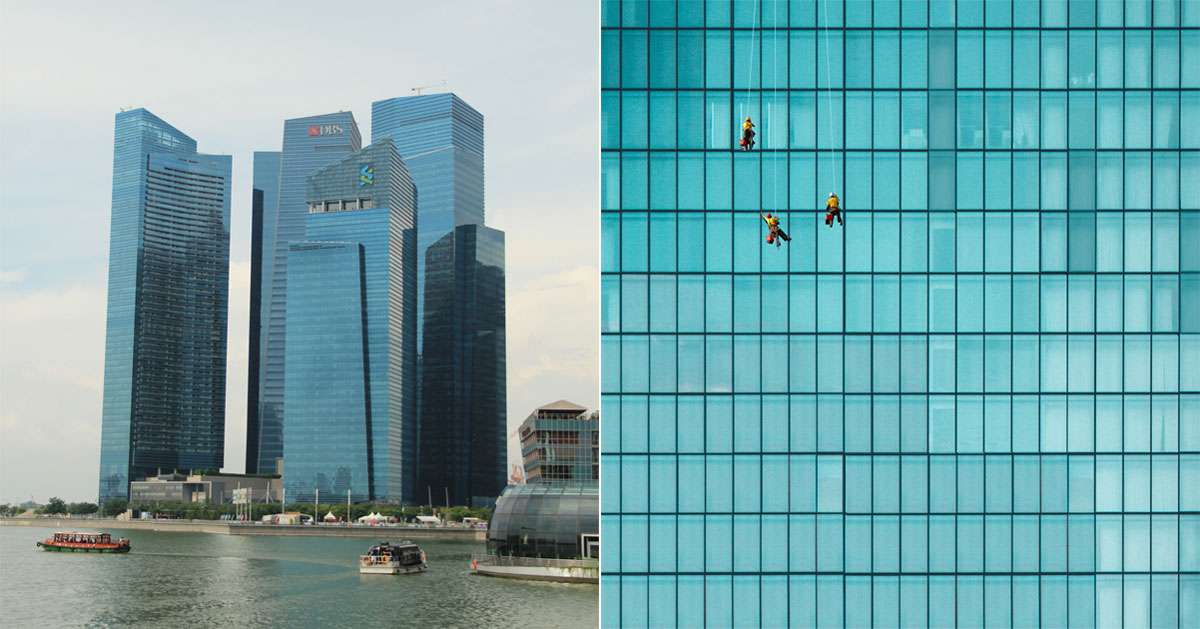In an Aug. 28 addendum to the President's Address, Deputy Prime Minister and Finance Minister Heng Swee Keat said Singapore will find a way to top up what it drew down from its reserves to weather this Covid-19 pandemic.
Singapore must rebalance the books, Heng said as he outlined the plans of the Ministry of Finance (MOF) as Parliament convenes again.
"To combat this crisis, we have drawn on our reserves, equivalent to over twenty years of past budget surpluses," he said.
"We have used a generation’s worth of savings to combat a crisis of a generation. We must therefore ensure that our fiscal balance is put back on a stable path when the economy recovers."
To do so, Singapore will take steps to strengthen its revenue position, but in a way that fosters collective responsibility, with each generation contributing its fair share.
One method is to use the Goods and Services Tax (GST) to help bring in revenue for the government, but such a move won't be done hastily.
Heng said: "We therefore plan to raise the Goods and Services Tax (GST) to help fund our growing healthcare and social spending needs, while making responsible use of borrowing to finance infrastructure investments that will benefit many generations to come."
"We will carefully monitor the timing of such moves, including the state of the economy and our spending needs...As announced in the Unity Budget, the GST rate increase will not take effect in 2021."
Building the reserves, Heng said, will help Singapore weather future crises.
Heng added: "We will continue to steward the reserves well to prepare us for future shocks and crises, and to invest them for long-term returns that will be shared equitably between present and future generations."
Government to be value for money
MOF is seeking to advance the well-being and development of Singapore through sound and forward-looking fiscal policies, Heng explained.
This would involve the better-off contributing more.
It would also translate to lower- and middle-income households receiving more in benefits than the taxes they pay.
"We will continue to adjust taxes on income, consumption and assets to achieve the right balance, while keeping our tax rates competitive," Heng said.
The aim is to deliver strong outcomes and value for money for taxpayers, Heng added.
Immediate priorities
The immediate priority that MOF will tackle is the protection of lives and livelihoods of Singaporeans, the MOF addendum said.
MOF will assist Singapore's recovery to foster continued social mobility and uplift the vulnerable by enabling a timely and robust response to the evolving Covid-19 pandemic.
The addendum highlighted that MOF launched key measures such as the Jobs Support Scheme to stabilise the economy and stem unemployment, and the provision of support to businesses, such as property tax rebates and rental grants.
However, it will not be sustainable to continue this level of support indefinitely, Heng acknowledged.
There is an increased sense of urgency for economic transformation beyond immediate relief.
Singapore is pursuing new frontiers of growth by investing in research in areas like health and biomedical sciences, climate change, and artificial intelligence, as well as pressing on with major investments in our port and airport.
The economic transformation will see an accelerating in innovation and a digitalisation push, Heng said.
This is to build an adaptable and skilled workforce to take on quality jobs and to power Singapore's economic transformation through the SGUnited Jobs and Skills Package and the Next Bound of SkillsFuture.
Giving Singaporeans a good start in life
Heng also said Singapore will give every child a good start in life.
To do this, the state is doubling its annual spending on affordable, quality pre-school education within the next few years, from 2018 levels.
The spending will also extend to improving employability by allowing Singaporean workers to upgrade themselves with the right industry ecosystem.
Those that are less well-off will also be assisted through a myriad of ways.
Spending on building a conducive environment
Singapore will continue to strengthen its support for low-wage workers, vulnerable seniors, and households with greater caregiving burdens through schemes like Workfare and Silver Support, and enhancements to preschool, education, and healthcare subsidies.
Over the long-term, Singapore's interest will be safeguarded via its spending on building a conducive and secure living environment.
Heng said Singapore will continue to invest in defence and domestic security, and to improve transport connectivity through new rail lines, and active mobility infrastructure.
Housing estates will be rejuvenated, and vibrant communities in the heartlands will be built, with significant and early investments made to help the country mitigate and adapt to the effects of climate change.
Top photos via Unsplash
Totally unrelated but follow and listen to our podcast here
If you like what you read, follow us on Facebook, Instagram, Twitter and Telegram to get the latest updates.
